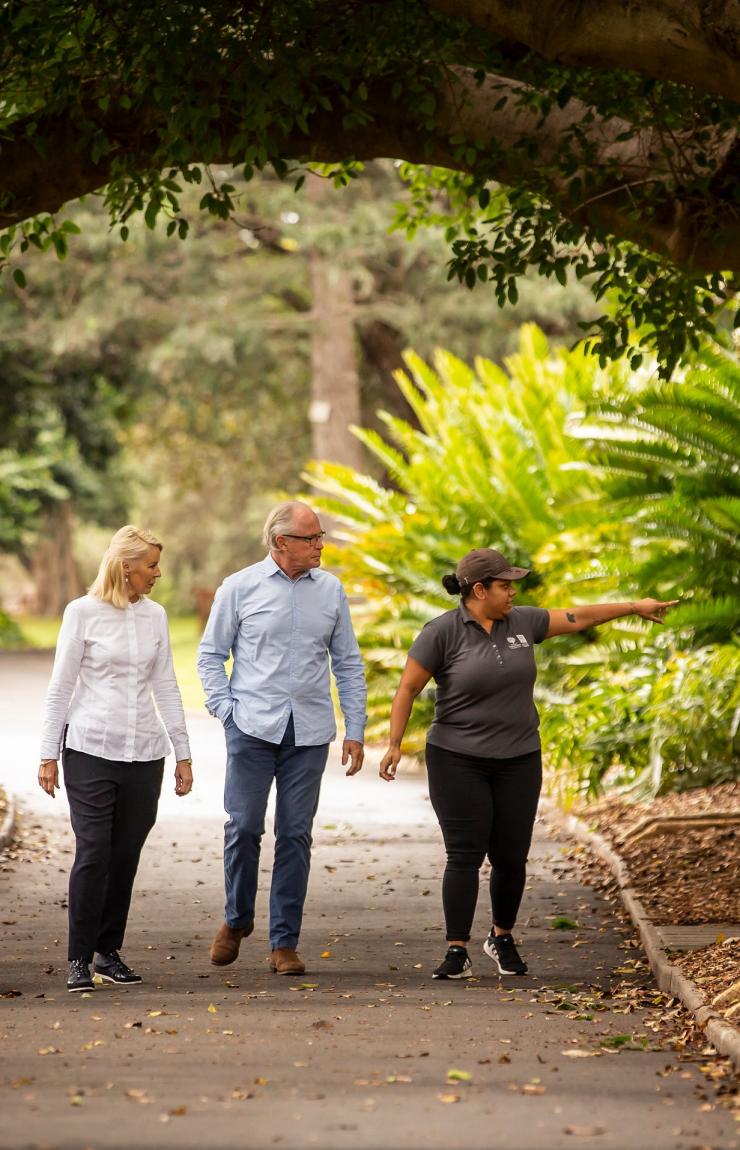Aboriginal Australia
The world's oldest living cultures invite you to be inspired and leave transformed.

Acknowledgement of Country
We acknowledge the Traditional Aboriginal and Torres Strait Islander Owners of the land, sea and waters of the Australian continent, and recognise their custodianship of culture and Country for over 60,000 years.
We will continue to share the cultures, warmth, humour and generosity of Aboriginal and Torres Strait Islander peoples and communities. All of which are central to how the story of Australia is told.
Top First Nations experiences



















































































































































